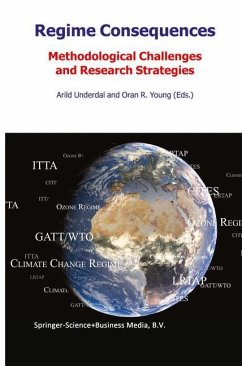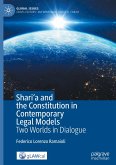This volume has a long and distinguished pedigree. It is the product of an effort to devise clear and unambiguous methods for demonstrating that international regimes make a difference stretching back at least to the early 1990s. What has transpired in the meantime is the development of a suite of useful techniques of analysis rather than the creation of a single, correct methodology for use in this field of study. Our assumption is that we can be relatively confident regarding assessments of the consequences of individual regimes when those employing a variety of methods converge on the same conclusions. When different methods yield divergent conclusions, on the other hand, we can take this as a signal that more work is needed to arrive at convincing judgments regarding the consequences of the regimes in question. Along the way, we came to understand that there is an important distinction between what we describe in this book as simple effectiveness and broader consequences. Most analyses of the effectiveness of international regimes focus on individual cases and seek to assess the performance of regimes on a case-by-case basis. This is entirely understandable. Yet it is now clear that individual regimes not only interact with one another but also operate in and affect broader settings. The study of these broader consequences is less mature than research on the effectiveness of individual regimes.
Bitte wählen Sie Ihr Anliegen aus.
Rechnungen
Retourenschein anfordern
Bestellstatus
Storno








